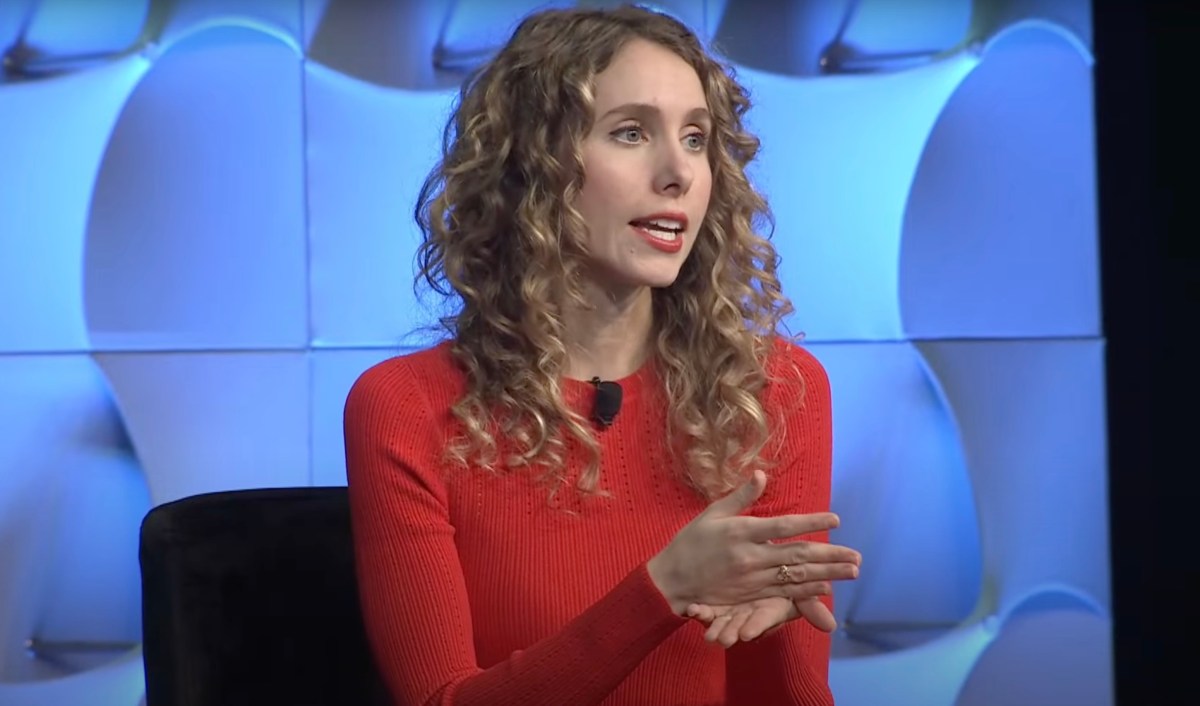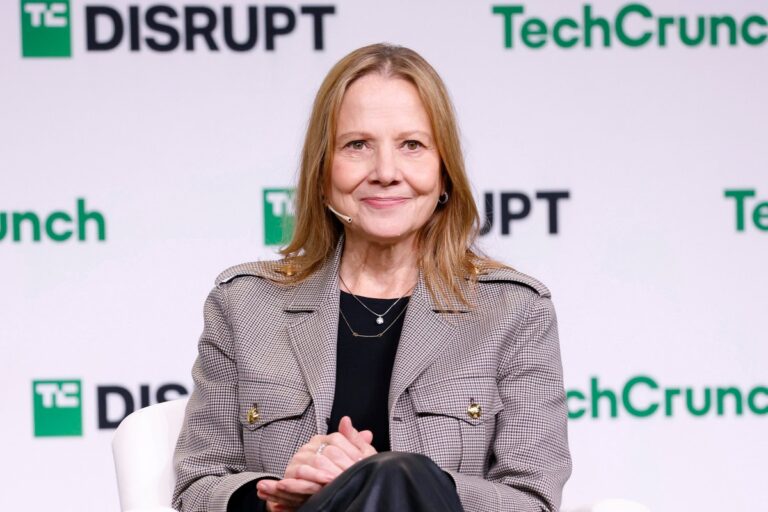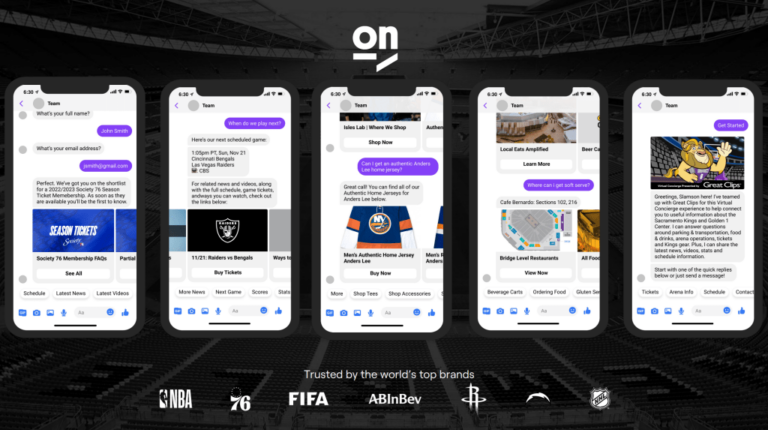Health Expert Sounds Alarm: The Dangers of Relying on AI for Social Connections
The emergence of AI companions, designed to serve as online friends or romantic partners, has sparked significant debate among experts about their impact on real-world social connections and relationships. As the popularity of these AI technologies grows, understanding their effects on our social health becomes increasingly important.
AI Companions: A Double-Edged Sword
Kasley Killam, a renowned author and social health advocate, recently shared her insights on this topic during a panel at the SXSW conference in Austin. In her book, The Art and Science of Connection, she explores the balance between technology and personal relationships. Killam emphasizes that while AI can serve as a valuable tool for practicing social interactions, it should never replace genuine human connections.
The Role of AI in Social Skills Development
During the panel discussion, Killam expressed skepticism about the notion that AI can significantly enhance social skills. She pointed out that many AI companies promote their products as effective means for individuals to hone their conversational abilities. However, she cautioned against relying solely on these technologies:
- Practice in Real Life: Killam advocates for opportunities to practice social skills in real-world settings, such as schools.
- Augmentation, Not Replacement: AI should complement, not substitute, personal relationships.
The Growing Popularity of AI Companions
Recent findings from Appfigures, an app intelligence provider, reveal that AI companion apps are experiencing a staggering 652% year-over-year revenue growth in 2024, with consumer spending reaching $55 million. Notably, the United States accounted for 30.5% of this spending last year.
Concerns About AI Companionship
Killam shared mixed feelings about the rise of AI companions. While she acknowledges their potential benefits, she remains concerned about a culture that encourages individuals to seek companionship from technology:
- Culture of Isolation: There is a worry that reliance on AI for companionship might lead to increased social isolation.
- Supplementary Role: Killam believes AI can be beneficial when used alongside in-person relationships.
The Importance of Diverse Social Connections
According to Killam, a key principle of social health is maintaining diverse sources of interaction. She states:
“You don’t just socialize with your romantic partner and no one else. You have friends, you talk to co-workers, you chit-chat with the barista, and other people.”
When AI becomes a primary source of social interaction, it can lead to unhealthy dynamics. Killam encourages individuals to engage with friends and family rather than solely relying on technology for social fulfillment.
Finding Balance in a Digital Age
As technology continues to influence our social lives, Killam highlights the importance of being mindful of our interactions. Instead of defaulting to screens during downtime, consider:
- Reaching out to a friend for a call or text.
- Engaging in face-to-face conversations whenever possible.
By fostering these connections, we can create a healthier balance between technology and personal relationships, ensuring that our social health thrives in an increasingly digital world.







